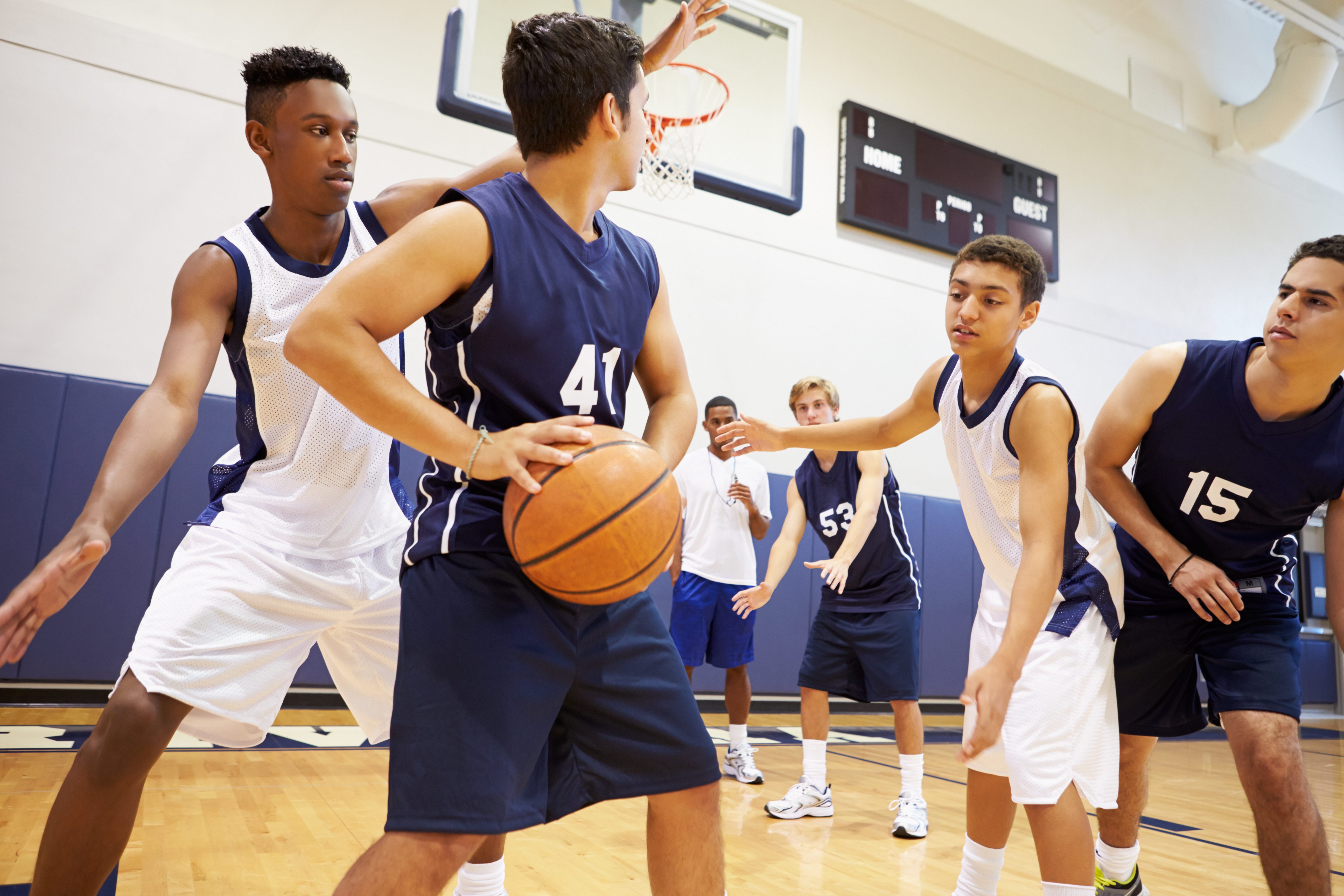By Wendy Rice, Psy.D. Licensed Psychologist

‘Tis the season for trying out and participating in new or familiar sports and activities. I am a horseback rider and while it is my therapy, my love and my sport – it is also my arena for competition. Riding is an individual sport that allows for competition from the most basic beginner levels (for adults and children) through national, international and Olympic levels. Interestingly though, when I compete, I am also very much part of a team. I cheer on my barn-mates, even when I am competing directly against them; and they do the same for me. Other vital members of this team include my trainers (think coaches) to whom it matters greatly whether or not I do well not only because they want me personally to be successful but because my performance is a reflection of them and their abilities as trainers.
This brings up an interesting topic about coaches who take the game too seriously or those who are under-invested in their team.
The Association for Applied Sports Psychology explains the characteristics that comprise effective teams which include sharing objectives and what they call a “mental model”. This model illustrates how an athlete decides to run a play, or approach specific opponents and challenges. They also talk about the importance of each player knowing and accepting his or her role (or position) on the team. Everyone on the field or court matters, even though one may be stuck in right field wondering if the ball will ever be hit to them. Being a part of an effective team teaches and requires both trust and cooperation, and an understanding that every player has a necessary part . Finally, the best teams practice and prepare so that they can walk or skate onto their respective field with the knowledge that they can win!
In their article, the Association for Applied Sports Psychology explains that the benefits of being a member of a team are not equaled by simply being together as a group of individuals. Something magical happens with an effective and cohesive team by which it becomes far more than the sum of its parts (or players). And both children and adults who compete in sports on teams derive countless benefits in the areas of physical, emotional, psychological, social and even cognitive (that’s the thinking part) health.
So what does this mean for you and your family?
For many of us, the busier we are the more efficient and effective we are. As a personal example, when I was in school, I always did better academically when I was on a sports team or had other after school commitments and seemingly a minimal amount of time for homework. Being a self-professed procrastinator, I do best when I don’t have time to waste. It seems to jump start my brain and focus it towards starting, and finishing, my work.
So, if you are worried that the time commitment of a sport might be too much for you or your child, my suggestion is that you give it a try and see. If it becomes too much, scale back or don’t rejoin next year. You might find, however, that you and your child learn new lessons in time management and planning that you didn’t know were within your toolbox.
Trying out for sports teams can be nerve wracking – especially when there is fierce competition.
Some come from very sports-oriented families where the kids have been playing on teams since they were tots, practice and compete year round, attend sports camps and have private coaches. Others are just kids who would enjoy trying a new activity. Over the years I have heard from several middle and high school students who really would have benefited from playing on their school’s sports teams but were cut after tryouts. Once they (and their parents) recovered from their disappointment, I am pleased to report that these students found other outlets for their desire for sports through the local YMCA, community leagues and private lessons. I was also thrilled that the desire to be on the teams motivated them to dedicate time to practicing their skills, and several were able to make it on their school’s competitive teams the next year. Regardless of your situation, it is helpful to keep things in perspective – understand that there are some families where sports are the #1 priority and there is a high level of talent, drive or passion and financial backing while others are more recreational athletes who just want to have a good time. Either way, the benefits to be had from membership on a team are good for all.
At Rice Psychology Group, we encourage our clients to become involved in all sorts of different types of activities outside of work and/or school.
For some this might be a team or individual sport. For others it is an anime club, volunteer project or youth group. Regardless, most of these activities are social in nature, provide a sense of belonging, fosters the spirit of teamwork and promotes confidence through a sense of mastery and accomplishment. We have helped several families work together to find the schedule that fits their life best, allowing time for all the activities that come up while reducing stress both on kids and their parents. If you or a loved one would like to expand your world to include more of these types of activities, but perhaps aren’t sure how or are meeting resistance, please reach out to us – we’d be glad to help.
Tell us what you think
We would love to hear from you! If you liked this blog and have any questions or comments relating to it, please leave them below.

